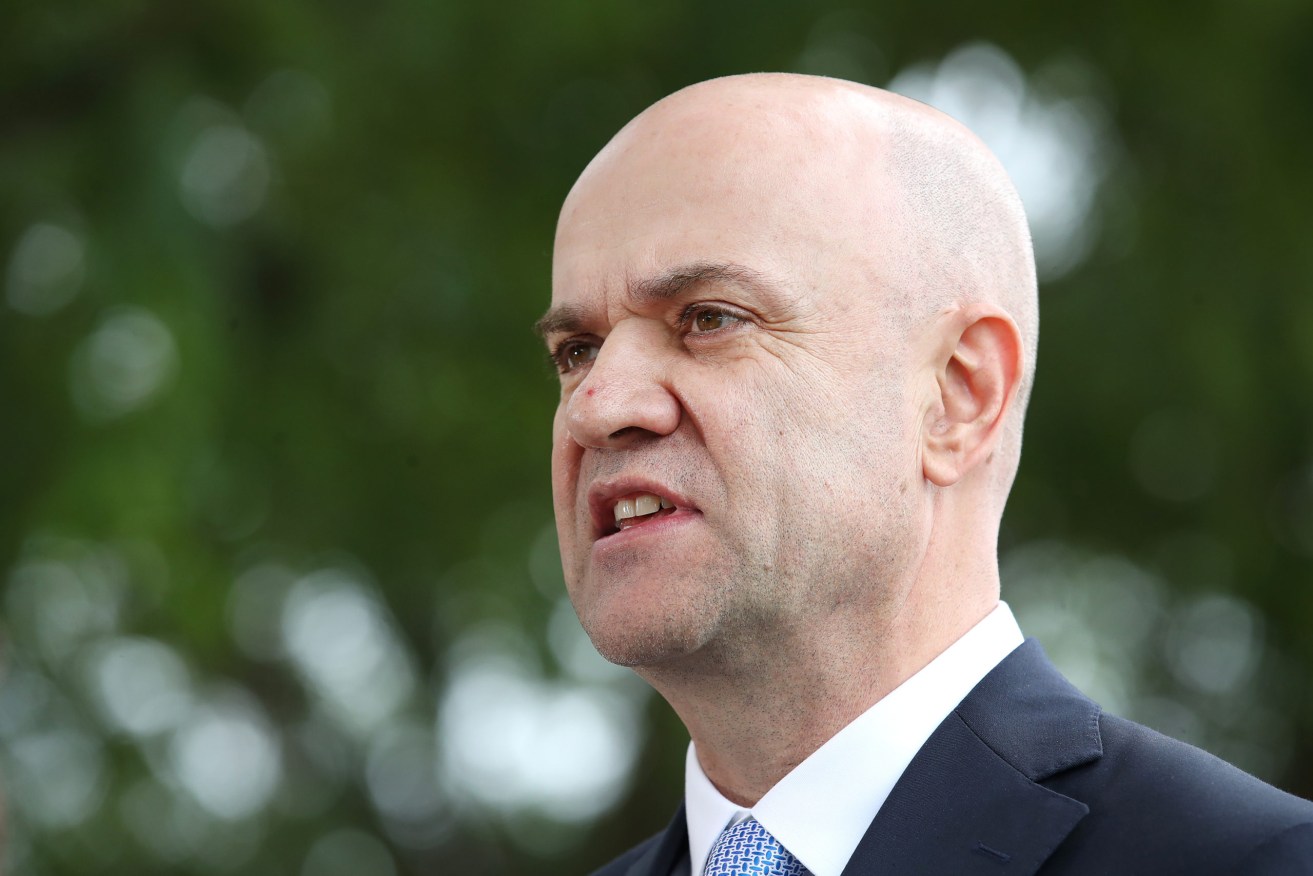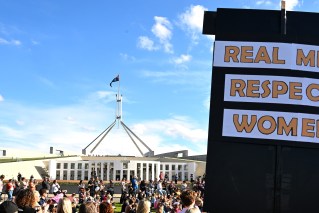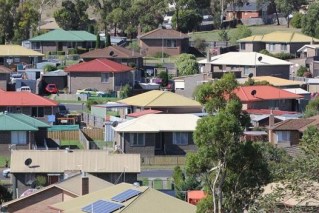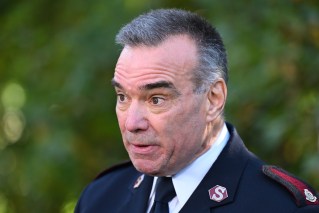Half of state will have been infected by the end of the month: Gerrard
Health authorities say that up to half of Queensland’s population will have been infected with Covid-19 by the end of February.

Queensland Chief Health Officer Dr John Gerrard says the government is planning for more waves of the pandemic over winter. (AAP Image/Jono Searle)
But the great unknown now is what effect the approaching winter will have and whether the “wall of immunity” in the State will protect against another virus wave.
The State’s Chief Health Officer, Dr John Gerrard, said it was also unknown how long immunity lasted and what new variants might emerge.
On Thursday, the State recorded another eight Covid-19 related deaths, two of them in residential aged care. There were also 5854 new cases of the virus.
The Government also released modelling which showed the State had weathered the current Omicron wave much better than initially expected. Some areas of the State are now past their peak, while others, such as the Darling Downs, are yet to reach a peak.
Dr Gerrard said it was expected that by the end of February, up to 50 per cent of the Queensland population could have been infected with the virus.
He said the State was now developing immunity against the virus, through vaccination, boosters and infection.
“Those three arms are creating a wall of immunity in the Queensland community,” Gerrard said.
But he said it was not known what effect winter will have.
“We will be the first in the southern hemisphere to go into the winter following this Omicron wave and we don’t know whether the amount of immunity we have through normal infection and vaccination could protect us from another wave and if there is another wave how big that wave will be,” Gerrard said.
He said the other unknowns were how long immunity lasts and whether there will new variants of the virus.
“It is very clear the virus is not going to go away. It will continue to circulate and if you have not been vaccinated it will find you eventually. If it has not found you yet, it will.”
It comes as the World Health Organisation says coronavirus case counts fell 17 per cent worldwide over the last week compared to the previous week, including a 50 per cent drop in the United States, while deaths globally declined 7 per cent.
And new data from the Actuaries Institute shows the number of lives lost due to Covid-19 in January 2022 is now higher than the total number of virus-related deaths in Australia in2020 and 2021 combined.
Premier Annastacia Palaszczuk said the Government’s initial modelling had suggested that between 3000 to 5000 people would be hospitalised at the Omicron wave peak, 300 to 500 of them in intensive care.
However the State had peaked at 925 in hospital and 71 in intensive care.
She said that on Thursday there were 579 in hospital and 46 in ICU and hospitalisation rates were trending downwards.
But she had a warning – it’s not over yet.
“I would love to say it is over but it isn’t,” Palaszczuk said, adding that a tail end of the peak was expected to run into early March.
The Premier said that the Gold Coast, Metro North and West Moreton had already peaked and that Metro South, the Sunshine Coast and Cairns were just past the peak.
Townsville and Wide Bay regions are approaching the peak while the Darling Downs and Central Queensland are yet to peak.
Figures show that on the Gold Coast, 8.7 per cent of the population has had the virus.
The Premier said that 90.08 per cent of Queenslanders have now been double dosed. But the mask wearing rules will not be relaxed yet.
“We will review that of course at the end, when we come down of that wave at the end of February,” she said.
Palaszczuk said she hopes that National Cabinet, which meets late Thursday, will consider the situation in aged care, which is seeing a disproportionate number of virus-related deaths.
She wants “facts on the table” of the number of aged care residents and workers who have so far received a booster.
“These are the most vulnerable people that we have in our nation and in our State,” Palaszczuk.
National Cabinet is also expected to discuss whether a third vaccination booster shot should be mandated for full vaccination status.












